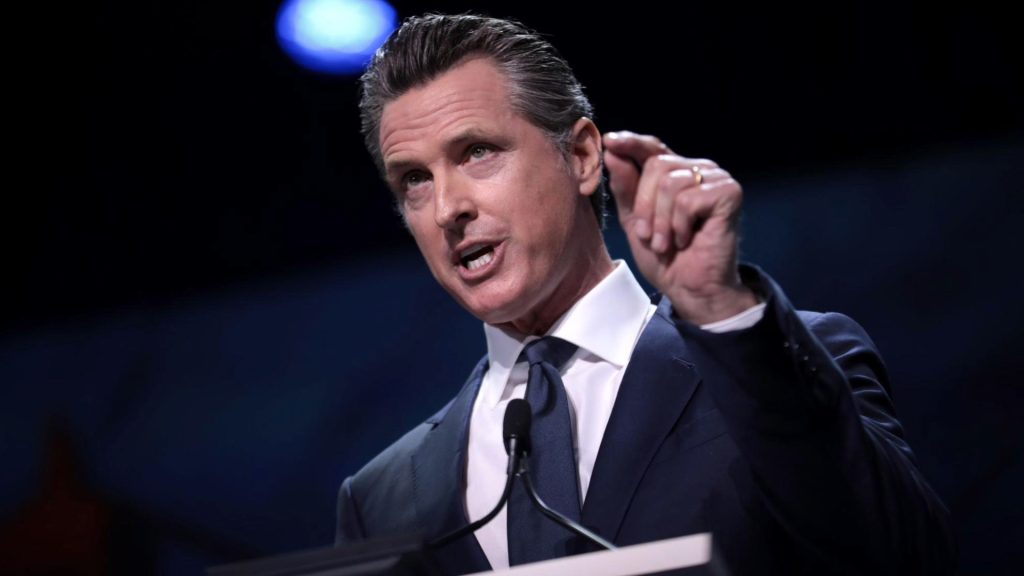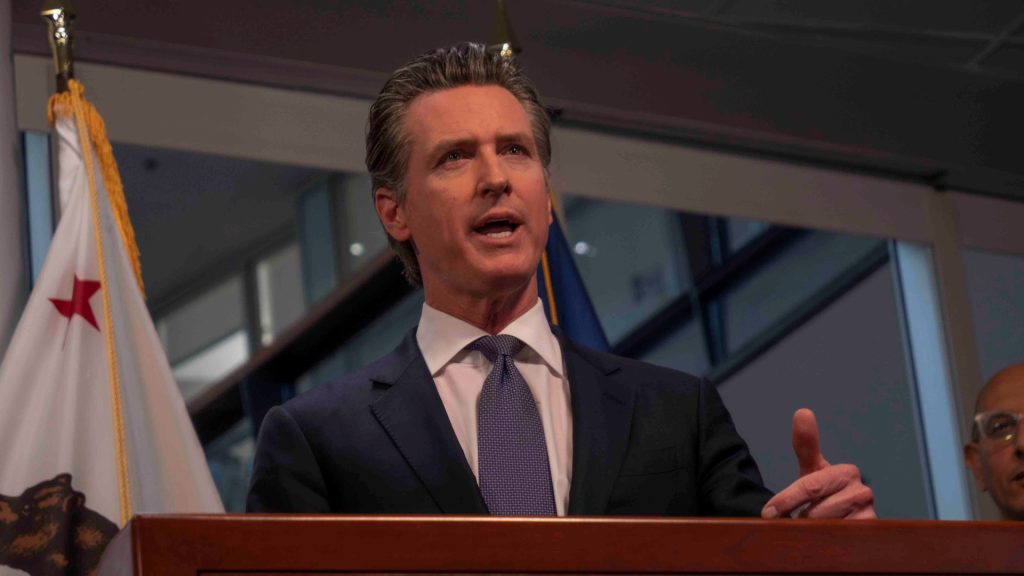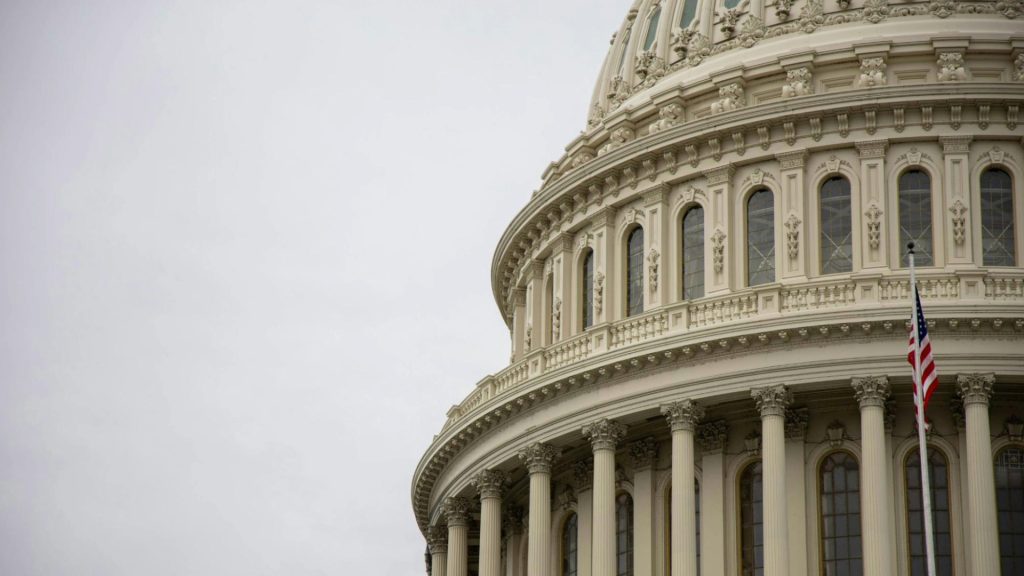An audit done for California’s fiscal year of 2021-2022 was published and has shown that California is in a very concerning financial situation. Filed 350 days past the due deadline, the report uncovers that California is facing a significant financial shortfall, with $55 billion more owed than the available funds. This shocking disclosure highlights the challenges the state has to navigate to fix the state’s financial situation.
Economic Success vs. Financial Reality
While California has experienced significant stock market gains and notable job growth in the high earning tech field in 2022, the state’s financial well being does mirror its economic prosperity.

It is reported that the state has $256 billion in liabilities than it does in unrestricted resources for the year 2022, showing a marginal discrepancy between its economic success and fiscal management.
The Consequences Of Unemployment Fraud On California’s Finances
The audit underscored a major financial misstep, identifying that COVID-era unemployment fraud has cost California $29 billion.

This significant amount is owed to the federal government.
Financial Concerns And Economic Challenges
California’s budgetary choices have been met with scrutiny, as the state adopted a budget that saw $234 billion in spending from the general fund against $220 billion in revenue for FY 2021-2022.

This discrepancy showcases the difficulties in creating balance within the state’s budget, specifically in times of economic prosperity that still result in financial shortfalls.
Economic Changed And Increased Expenditures
The forecast for the state’s job growth has been notably reduced, from an expected 325,000 new jobs to just 50,000.

This downturn in job growth, combined with the expansion of benefits such as extending taxpayer-funded MediCal to all illegal immigrants, leads people to believe that California’s financial issues will only escalate.
Deficit Continues To Grow
California is currently faced with a daunting $73 billion deficit for the deficit for the 2024-2025 fiscal year.

Democratic legislature has proposed slashing this year’s budget by $2.1 billion and plans to spend $12 billion, or half the state’s rainy day fund, to address this deficit.
Efforts Towards Timely Financial Reporting
To enhance fiscal transparency, the State Controller’s Office aims to achieve timely financial reporting by FY 2025

This endeavor includes improving data quality and streamlining processes.
Financial Reporting Delays
Malia Cohen, the state’s Controller, has observed the prolonged release of the state’s Annual Comprehensive Financial Report (ACFR) for the fiscal year ended June 30, 2022. This is the fifth year in a row that the state has had delays.

This pattern of late reporting hinders the ability of voters and state leaders to assess the financial position of the state accurately.
Challenges In Information Technology
The rollout of the state’s $1 billion financial software system has encountered serious delays, impacting the efficiency of financial processes

California has extended the completion of this software conversion to 2032, underscoring the continuous challenges in modernizing the state’s financial infrastructure.
Contrast With Other States
While California is not the only state to face financial difficulties with unemployment insurance reporting, its situation is notable for the scale of the issues.

States such as Georgia, Illinois, and Nebraska, have also received audit opinions highlighting similar problems. However, California’s financial impact, with $29 billion in net liabilities for improper unemployment payments, stands out significantly.
Reporting Challenges At The Employment Development Department
The audit also identified deficiencies in the Employment Development Department’s (EDD) control over financial reporting for unemployment insurance benefits.

Insufficient estimation of ineligible payments has resulted in incomplete and inaccurate financial information, only further complicating the state’s financial woes.
Possible Federal Intervention
There is a possibility that the federal government could intervene to provide relief for California’s financial burdens; they may write off debts for improper unemployment payments.

This act could give relief to the state as it moves towards addressing fiscal issues and improve its financial management practices.
Lack Of Legislative Experience
There are only eight state lawmakers currently with experience from the Great Recession, and none hold significant positions of power.

Jesse Gabriel, the newly appointed Assembly Budget Committee chair, expressed, “This is going to be a new experience for almost everybody, including me.”
Navigating Unknown Territories
Governor Newsom’s faces the monumental challenge of cutting $38 billion from the country’s largest state budget within three months. This is only further complicated by the inexperience of the team he has around him.

None of the lawmakers working with him have previously faced such a daunting financial challenge.
Dominance Of Budget Negotiations
Budget concerns in California have overshadowed almost every facet of governance in Sacramento. Budget talks are not only prevalent but also have significantly influenced the legislative agenda, limiting the ambitions of lawmakers.

This situation is only compounded by the inexperienced legislators, who are now being forced to make decisions quickly.
Changes In Roles
The budget crisis has reshaped the roles of the Budget and Appropriations committees, shifting their focus from overseeing spending increases to identifying areas for significant cuts.

This change marks a notable departure from times of financial abundance. Assembly Appropriations Chair Buffy Wicks acknowledges the challenge, emphasizing the unfortunate nature of the current budget constraints.
Democratic Leaders Confront Difficult Decisions
The new Democratic leadership faces the challenge of steering their members through the process of making significant spending cuts, an area that many members are unfamiliar with.

The reality of the budget challenge has prompted intense discussions, leading to a series of meetings that were focused on reaching a consensus on the necessary fiscal adjustments.
Initial Agreement On Budget Cuts
A preliminary agreement has been established for cutting the deficit by at least $12 billion ahead of final budget negotiations.

Despite this the methods for achieving these cuts remains a debate. The Senate has adopted an active role in proposing a package of $17 billion in spending cuts, delays, and borrowing, with the endorsement of Governor Newsom.
Seeking Counsel From Experienced Mentors
In confronting the budget crisis, novice lawmakers have turned to advice from more seasoned and experienced colleagues and predecessors.

This mentorship initiative is paramount for understanding the complexities of state budgeting and developing effective strategies for addressing the current fiscal challenges.
Leadership Transition Amid Fiscal Crisis
The recent shifts in leadership have brought new faces in the midst of key budgeting-related positions at a critical time.

These transitions showcase the urgent need to address the budget deficit effectively. This requires a departure from prior fiscal practices, and practicing a more cautious and efficient approach to budget management.
The Vital Importance Of Staff And Institutional Knowledge
The legislature’s dependence on seasoned staff members has become more pronounced due to the significant turnover among lawmakers.

The institutional expertise and knowledge of these staff members are crucial in navigating the budget negotiation process and ensuring consistency in fiscal policy making.
The State’s Financial Resilience
While California is looking at a potential $73 billion deficit, its financial situation is not as fragile as during the Great Recession.

The state’s reserves and leftover funds from prior years provide a cushion, allowing for strategic decisions on budget management without resorting to dramactic cuts.
New Perspectives On Fiscal Management
Despite the challenges posed by the turnover in legislative and administrative positions, new leaders offer valuable insight and experiences to the table.

These fresh viewpoints, combined with the guidance of seasoned staff and mentors, are crucial for developing innovative solutions to the state’s budgetary problems.
Streamlined Budget Approval Process
The state’s budget approval process has been simplified.

This adjustment enables more straightforward budget negotiations and decision-making within the Democratic majority.






